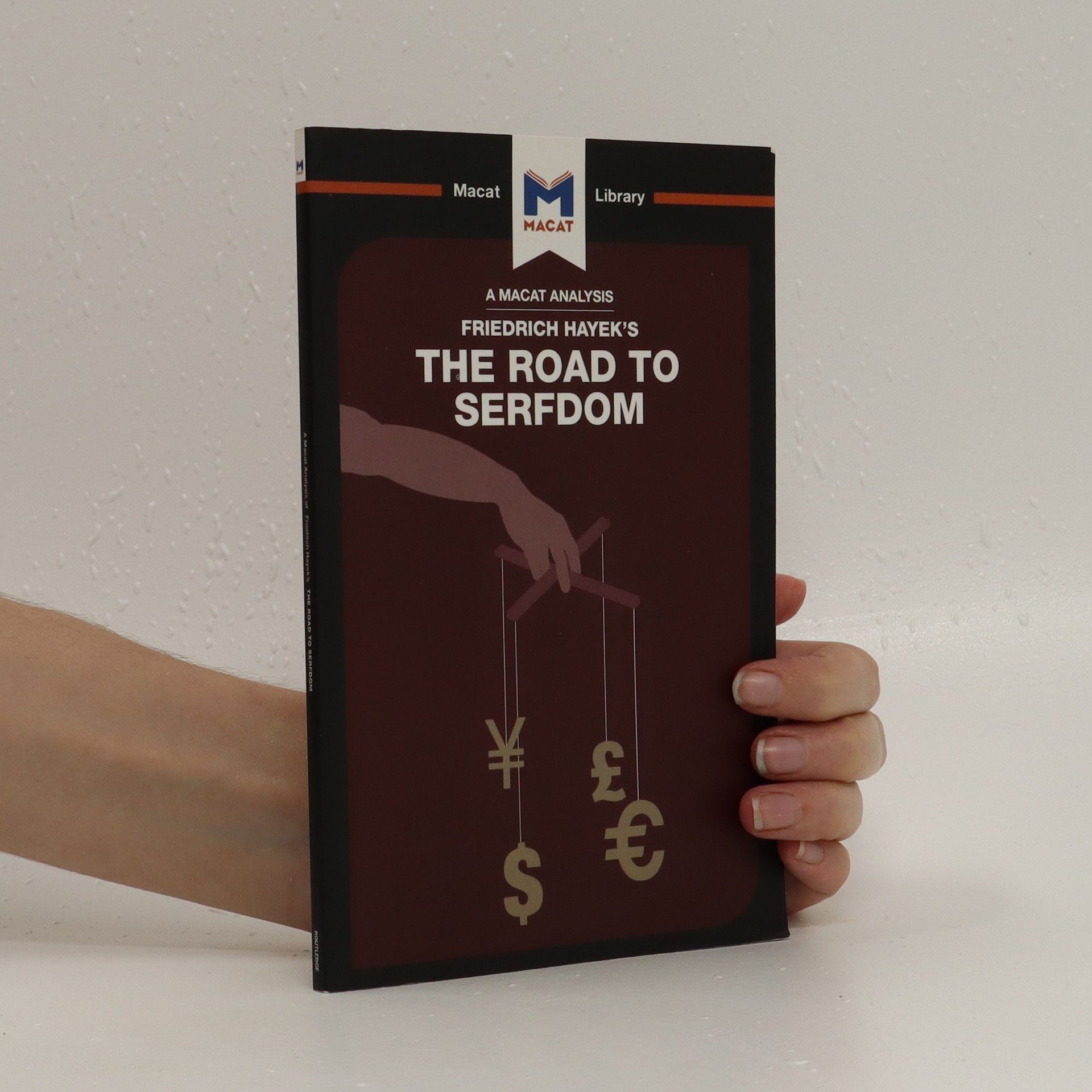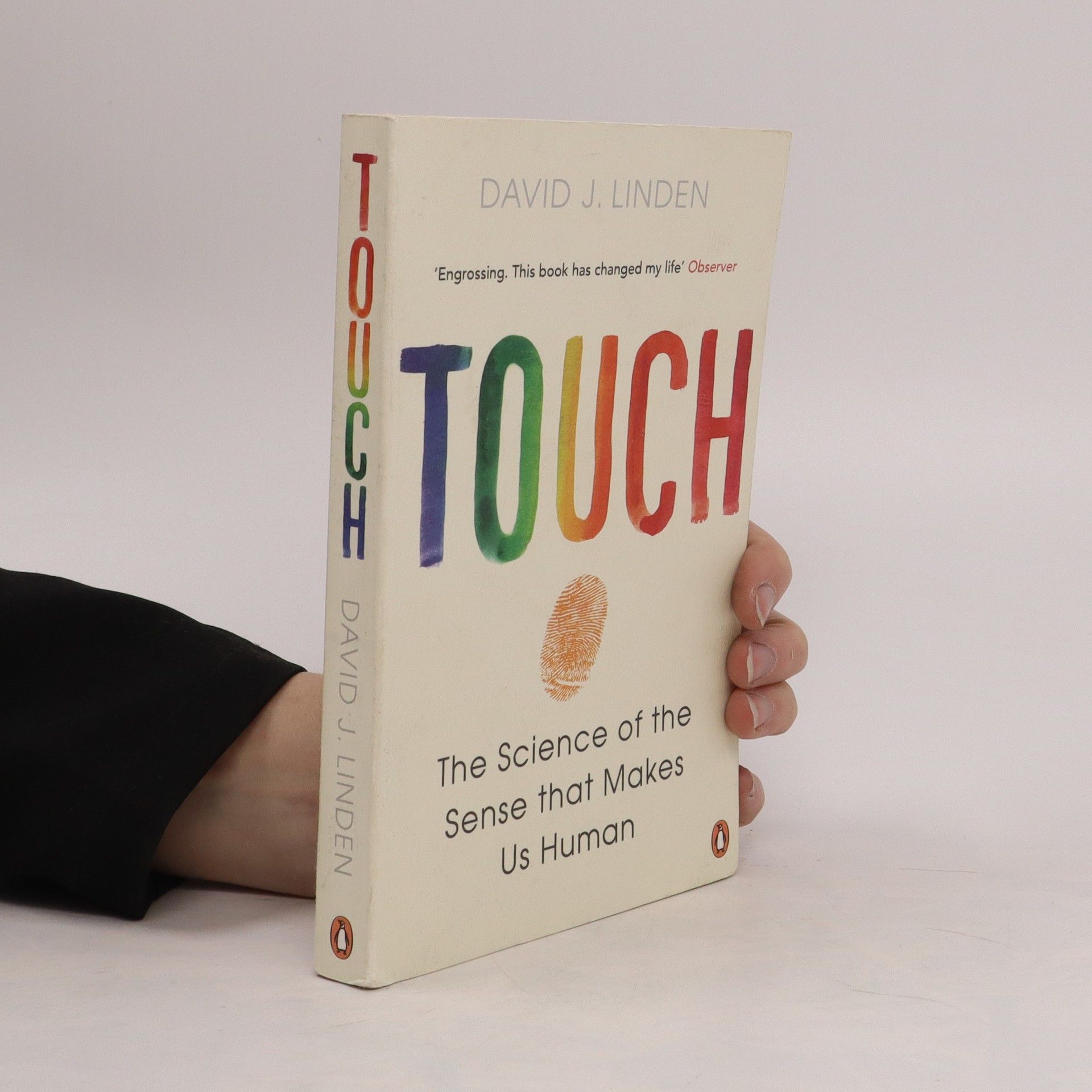«HÖCHST LESENSWERT UND SEHR INFORMATIV.» NATURE «DAS BUCH PACKT DEN LESER VON ANFANG AN.» PUBLISHERS WEEKLY
David Linden Bücher
David J. Linden erforscht die zellulären Grundlagen der Gedächtnisbildung im Gehirn und andere Aspekte der Neurowissenschaften. Seine Arbeit legt Wert auf wissenschaftliche Kommunikation und macht komplexe Themen einem breiten Publikum zugänglich. Linden befasst sich mit den biologischen Grundlagen des Verhaltens und untersucht, wie unsere Sinne und Wahrnehmungen unsere Erfahrungen prägen. Seine zugänglichen und doch aufschlussreichen Bücher über Wissenschaft werden für ihre Tiefe und Klarheit geschätzt.
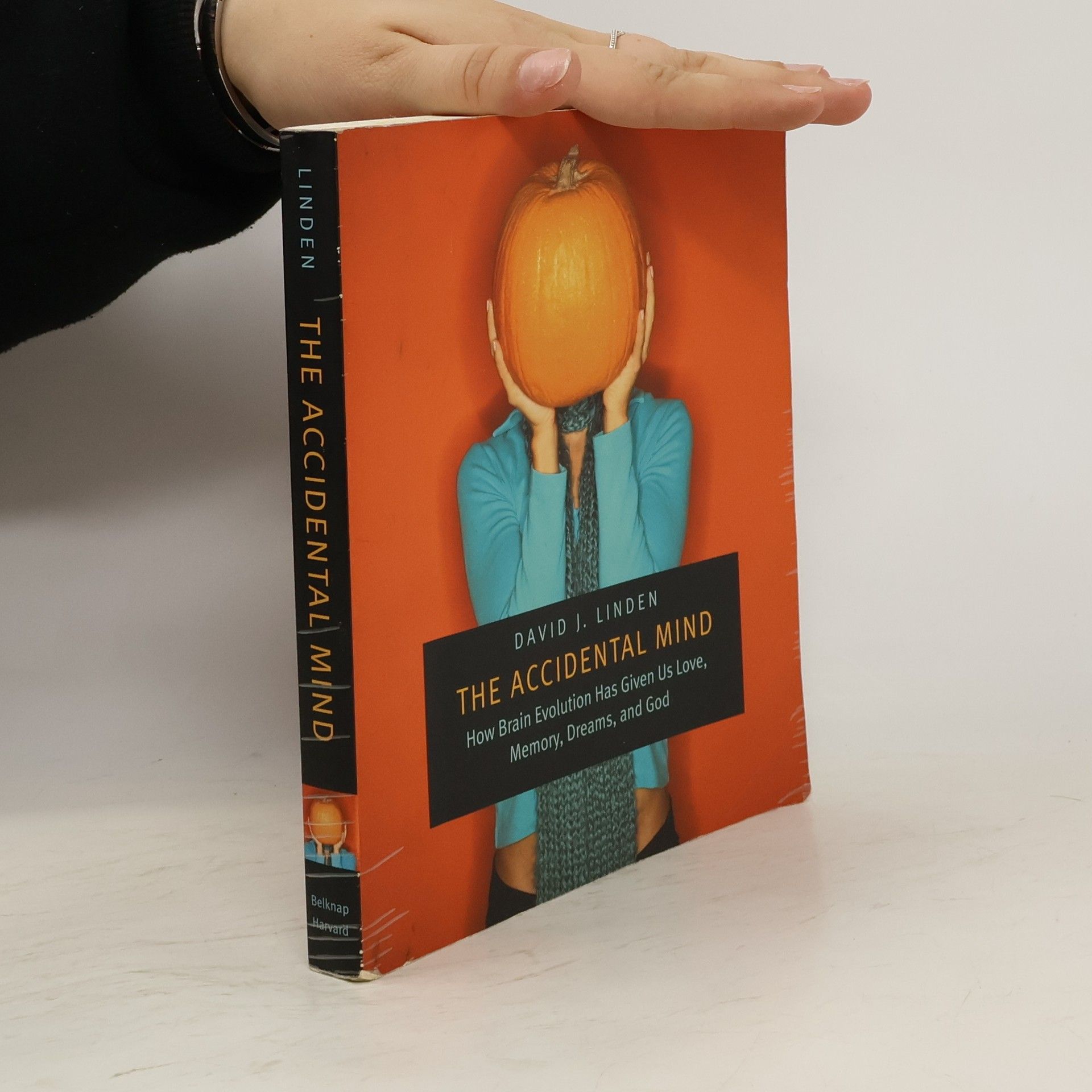

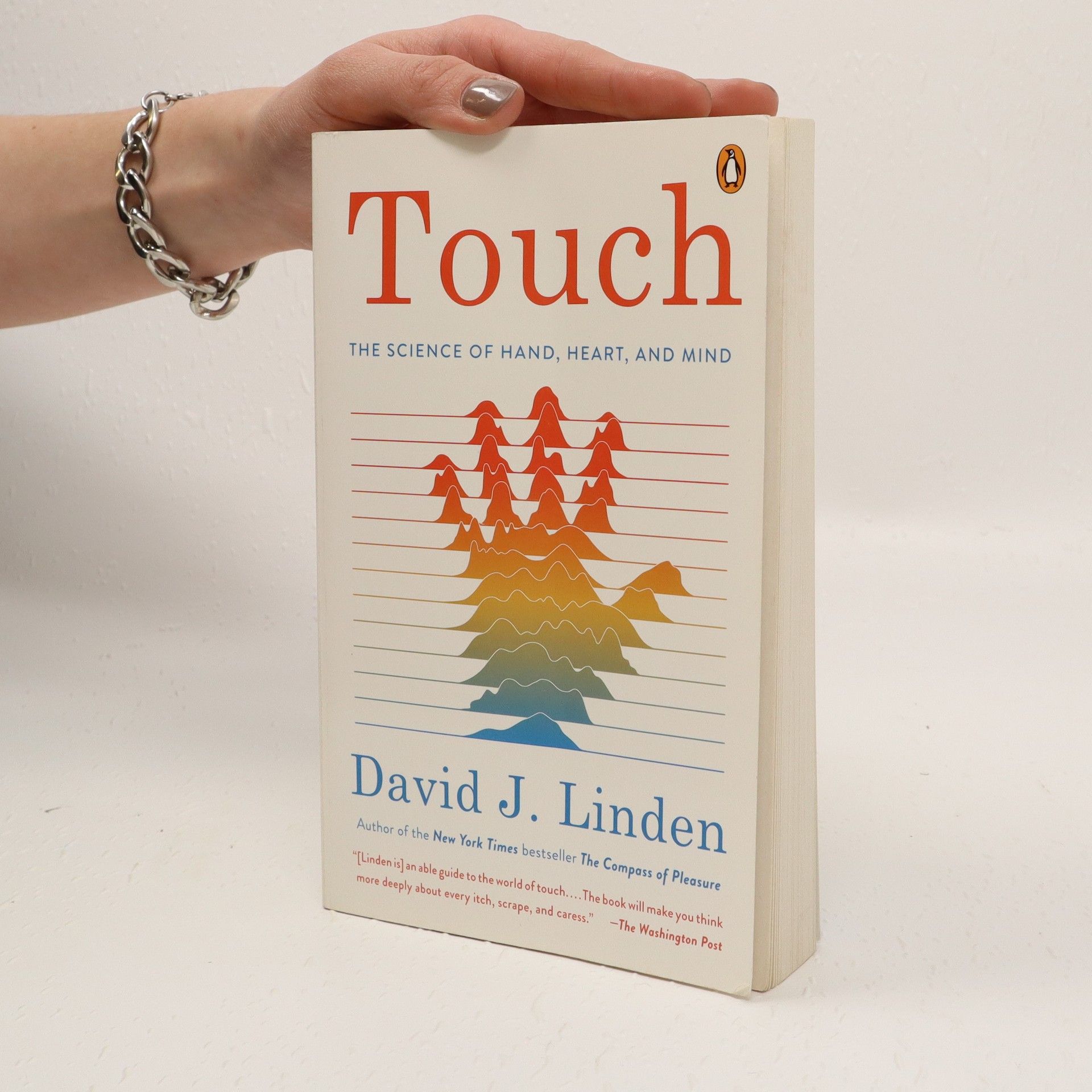
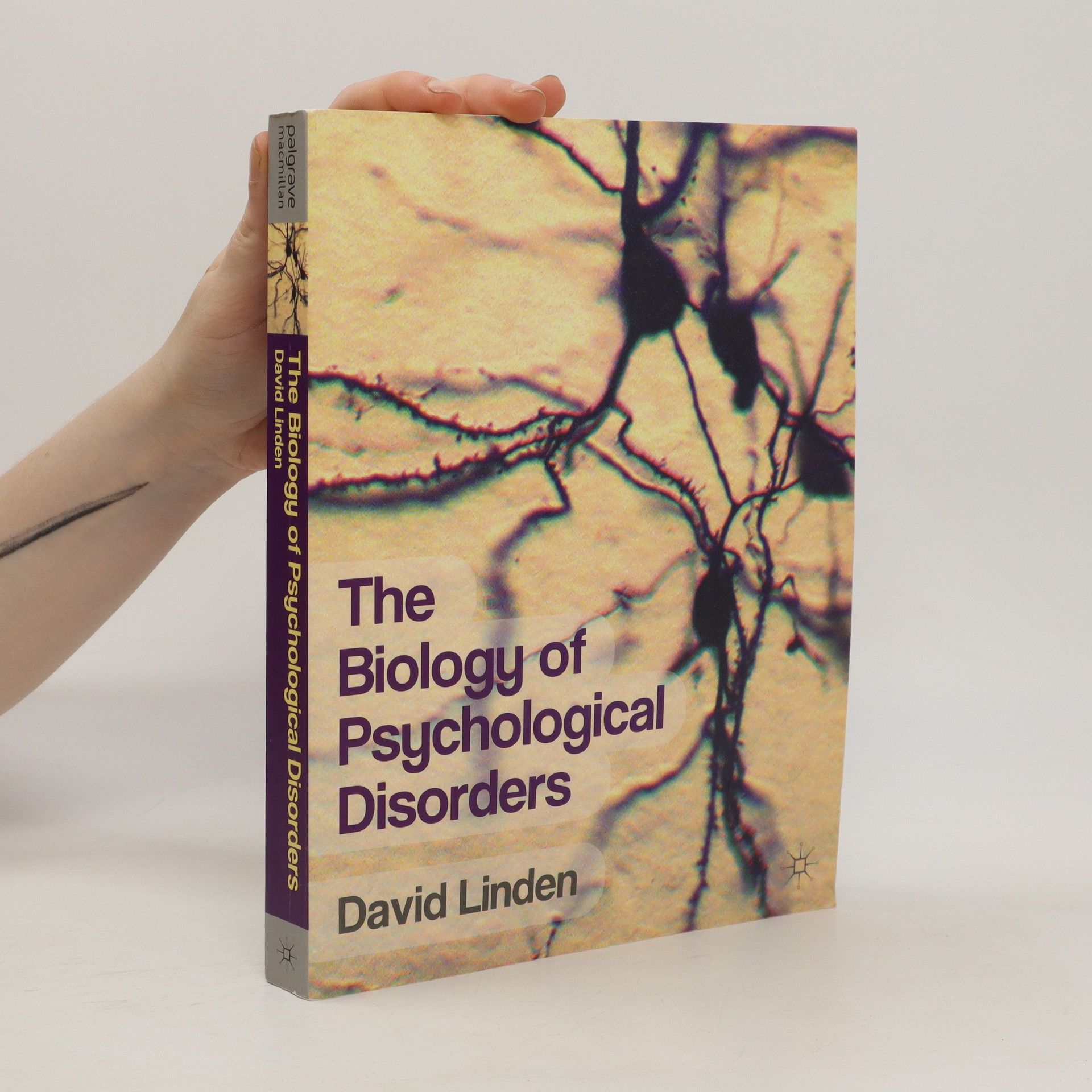


High
Woher die guten Gefühle kommen
Was hat ein köstliches Essen mit einem Dauerlauf zu tun? Oder eine großzügige Spende mit dem Nervenkitzel beim Roulette? Ist es für unser Wohlbefinden egal, ob es durch Liebe oder Arbeit zustande kommt? Der renommierte Neurowissenschaftler David J. Linden erklärt, was in unserem Gehirn geschieht, wenn wir Freude, Vergnügen und Lust empfinden. Er entdeckt, dass die Lust am Essen und die Freude beim Sport oder Lernen sehr ähnlich sind. Alle diese Aktivitäten senden neurale Signale aus, die im Belohnungszentrum des Gehirns zusammenlaufen. Dieses Zentrum vermittelt uns auch das Hochgefühl, das wir bei Meditation oder großzügigen Spenden erleben. Doch das Wohlfühlzentrum hat eine dunkle Seite: Künstliche Stimulantia wie Nikotin, Alkohol oder Drogen nutzen ebenfalls die Vorgänge im Belohnungszentrum, was zur Entstehung von Süchten führt. Neueste Forschungsergebnisse zeigen, dass unser Gehirn zwischen Tugend und Laster keinen Unterschied macht. Die Lust fungiert als unser Kompass, unabhängig von unserem gewählten Pfad. Diese Erkenntnis hat jedoch auch einen positiven Aspekt: Sie kann uns helfen, Abhängigkeiten besser zu verstehen und wirksamer zu therapieren.
The Biology of Psychological Disorders
- 426 Seiten
- 15 Lesestunden
Psychological disorders – their origins, clinical symptoms and treatment – have a central place in contemporary public health debate. Understanding how disruptions in the brain's biological mechanisms can influence our thoughts, feelings and actions is one of the most exciting challenges for psychologists in the twenty-first century. The Biology of Psychological Disorders is an authoritative account of some of the most prevalent psychological disorders, from schizophrenia, depression, mania and substance abuse to disorders of childhood, adolescence and ageing. Detailed and engaging coverage of these disorders is combined with a comprehensive grounding in the fundamentals of neuroscience and the principles of psychopharmacology that underpin their treatment. Drawing on the fields of psychology, psychiatry, neuroscience and biology, this highly relevant text is an invaluable resource for students of biological psychology and psychopharmacology, trainee psychiatrists and anyone interested in understanding, researching and treating psychological disorders.
Touch - The science of hand, heart, and mind
- 272 Seiten
- 10 Lesestunden
The "New York Times" bestselling author of "The Compass of Pleasure" examines how our sense of touch is interconnected with our emotions Dual-function receptors in our skin make mint feel cool and chili peppers hot.
Unique
- 336 Seiten
- 12 Lesestunden
The author, a scientist dedicated to understanding brain processes and behaviors, found himself pondering human individuality while browsing OKCupid. He questions the origins of our unique traits—what makes one person have perfect pitch or a preference for hoppy beer, while another avoids bathroom selfies. This exploration leads to a captivating narrative about the factors shaping who we are. The author delves into various aspects of life, including sexuality, gender identity, food preferences, mood, personality, memory, and intelligence, illustrating that individuality arises from a complex interplay of genetics and experiences. These experiences encompass not just parental upbringing but also illnesses, dietary choices, microbiomes, early environmental conditions, and technological influences. By synthesizing these elements, the author emphasizes that individuality plays a crucial role in our lives as individuals and within society. He discusses how these insights are relevant to contemporary debates on morality, public policy, religion, healthcare, education, and law. With a blend of authority, openness, and humor, this engaging narrative offers a profound look into the intricacies of human existence, making it accessible to a broad audience without the heaviness of an academic text.
The Accidental Mind
- 288 Seiten
- 11 Lesestunden
Counters the assumption that the brain is a paragon of design - and offers an explanation of how the brain's serendipitous evolution has resulted in nothing short of our humanity.
An analysis of Friedrich Hayek's The road to serfdom
- 104 Seiten
- 4 Lesestunden
Friedrich Hayek’s 1944 Road to Serfdom is a classic of conservative economic argument. While undeniably a product of a specific time in global politics – which saw the threat of fascism from Nazi Germany and its allies beguilingly answered by the promises of socialism – Hayek’s carefully constructed argument is a fine example of the importance of good reasoning in critical thinking. Reasoning is the art of constructing good, persuasive arguments by organizing one’s thoughts, supporting one’s conclusions, and considering counter-arguments along the way. The Road to Serfdom illustrates all these skills in action; Hayek’s argument was that, while many assumed socialism to be the answer to totalitarian, fascist regimes, the opposite was true. Socialist government’s reliance on a large state, centralised control, and bureaucratic planning – he insisted – actually amounts to a different kind of totalitarianism. Freedom of choice, Hayek continued, is a central requirement of individual freedom, and hence a centrally planned economy inevitably constrains freedom. Though many commentators have sought to counter Hayek’s arguments, his reasoning skills won over many of the politicians who have shaped the present day, most notably Margaret Thatcher and Ronald Reagan.
Why can't we tickle ourselves? Why do footballers who hug score more goals? Why does holding a hot coffee make us feel more positively about people? In this book the author reveals the secrets of our senses, and how to harness them to change your personal and professional life.
Touch: the science of the sense that makes us human
- 304 Seiten
- 11 Lesestunden
Touch is the sense that makes us human. If you are born blind or deaf, your body and brain will mostly develop normally and you can live a rich life. But deprive a baby of social touch and they will have higher life-long levels of stress and fear. From why brushing fingers with a waiter will make you leave a larger tip, to why a hot drink in a job interview improves your chances, this is a mesmerising journey into our senses. With surprising stories and cutting-edge research on pleasure and pain, it shows how touch shapes our sense of self and bonds us together.
W zakamarkach mózgu
- 360 Seiten
- 13 Lesestunden
Zbiór intrygujących esejów autorstwa czołowych neuronaukowców, który analizuje dziwne i sprzeczne z intuicją aspekty funkcjonowania ludzkiego mózgu. David J. Linden, neuronaukowiec, zadał swoim kolegom pytanie: „Jaką koncepcję dotyczącą funkcjonowania mózgu chciałbyś wyjaśnić światu?”. Odpowiedzi te stworzyły unikalny zbiór tekstów popularnonaukowych, mający na celu poszerzenie wiedzy o umyśle i jego możliwościach. Autorzy, specjalizujący się w zachowaniu, genetyce molekularnej, biologii ewolucyjnej i anatomii porównawczej, poruszają różnorodne tematy, od osobowości, percepcji, uczenia się, piękna, miłości i seksu, po zastosowania neuronauki w marketingu. Eseje te wyjaśniają biologiczne podstawy naszego życia psychicznego oraz interakcje między doświadczeniem jednostki a kulturą i ewolucją. Linden i jego współautorzy otwierają nowe perspektywy na ludzki mózg i rozwijającą się neuronaukę, oferując fascynującą lekturę zarówno dla profesjonalistów, jak i miłośników nauki. Świadomość jest kluczowa dla zmiany, a zrozumienie tego, co kieruje naszym postępowaniem, stanowi istotny element tej wiedzy. Zgromadzona ekipa neuronaukowców dostarcza nie tylko odpowiedzi, ale także stawia ważne pytania, co czyni tę lekturę wartościowym doświadczeniem.
